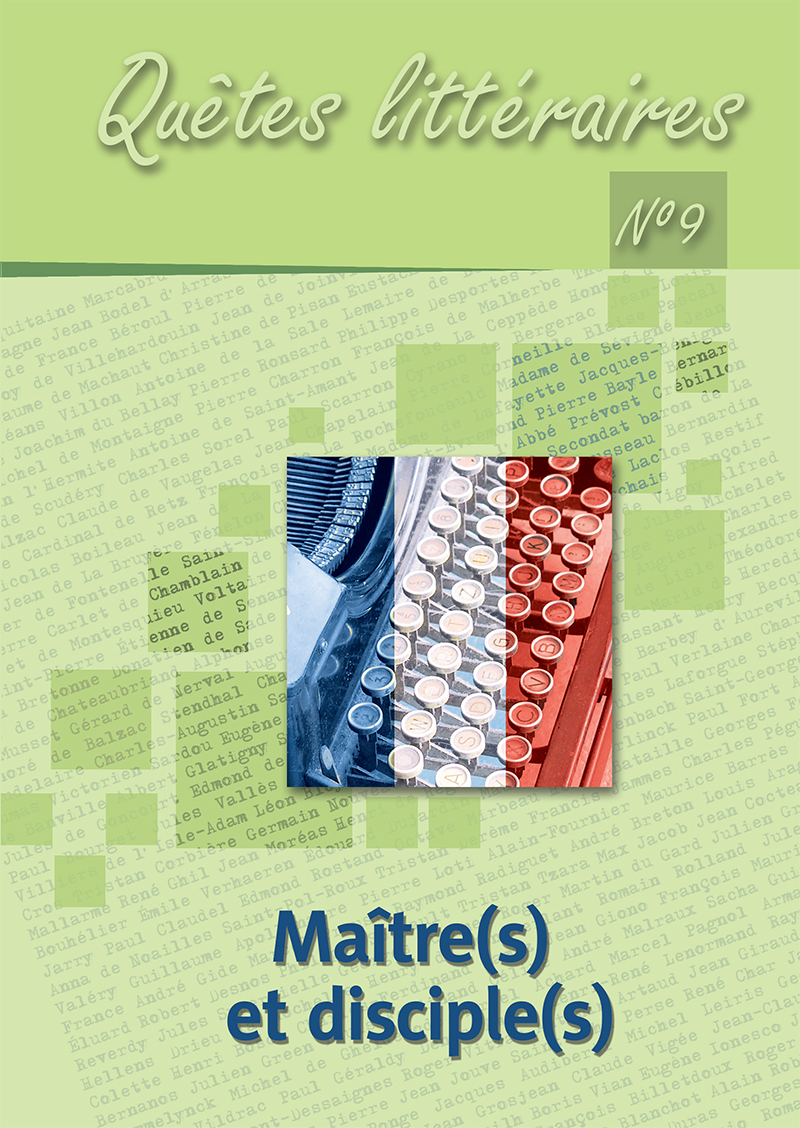Flocart et Florimont, le miroir et le prince
Flocart and Florimont, the mirror and the prince
Author(s): Nathalie LeclercSubject(s): Language and Literature Studies, Literary Texts, Studies of Literature, Comparative Study of Literature, French Literature, Theory of Literature
Published by: Katolicki Uniwersytet Lubelski Jana Pawła II, Instytut Filologii Romańskiej & Wydawnictwo Werset
Keywords: Flocart; Florimont; Aimon de Varennes; master and student; paremiological speech; mirror for princes
Summary/Abstract: Florimont, by Aimon de Varennes, a 12th-century Lyonnais author, seems to have been written in 1188, but its dating remains uncertain. The novel tells how a young man, deeply enamored of a fairy, is led to betray, in spite of himself, the one he loves, thus losing his love and how, after many sufferings, the young hero consoles himself with another love and becomes king. Throughout his adventures, Florimont is accompanied by his master, Flocart, who guides and educates him with highly moralistic speeches. We propose to study how the latter character, who, according to Katalin Halász, participates in a higher power or omniscience of the narrator, builds his relationship with his pupil, for the purpose of individual and collective edification. We will first see that Flocart assumes a dual diegetic function that favors the process of individuation of his pupil. We will then show that his multiple interpretations of dreams give him the role of a master of truth who sanctifies the destiny of Florimont. Finally, we will observe that Flocart’s paremiological discourse takes on the appearance of a mirror for princes, able to reveal to his young pupil the principal qualities of a good king, which is achieved by placing generosity at the heart of human and political relations.
Journal: Quêtes littéraires
- Issue Year: 2019
- Issue No: 9
- Page Range: 9-20
- Page Count: 12
- Language: French

